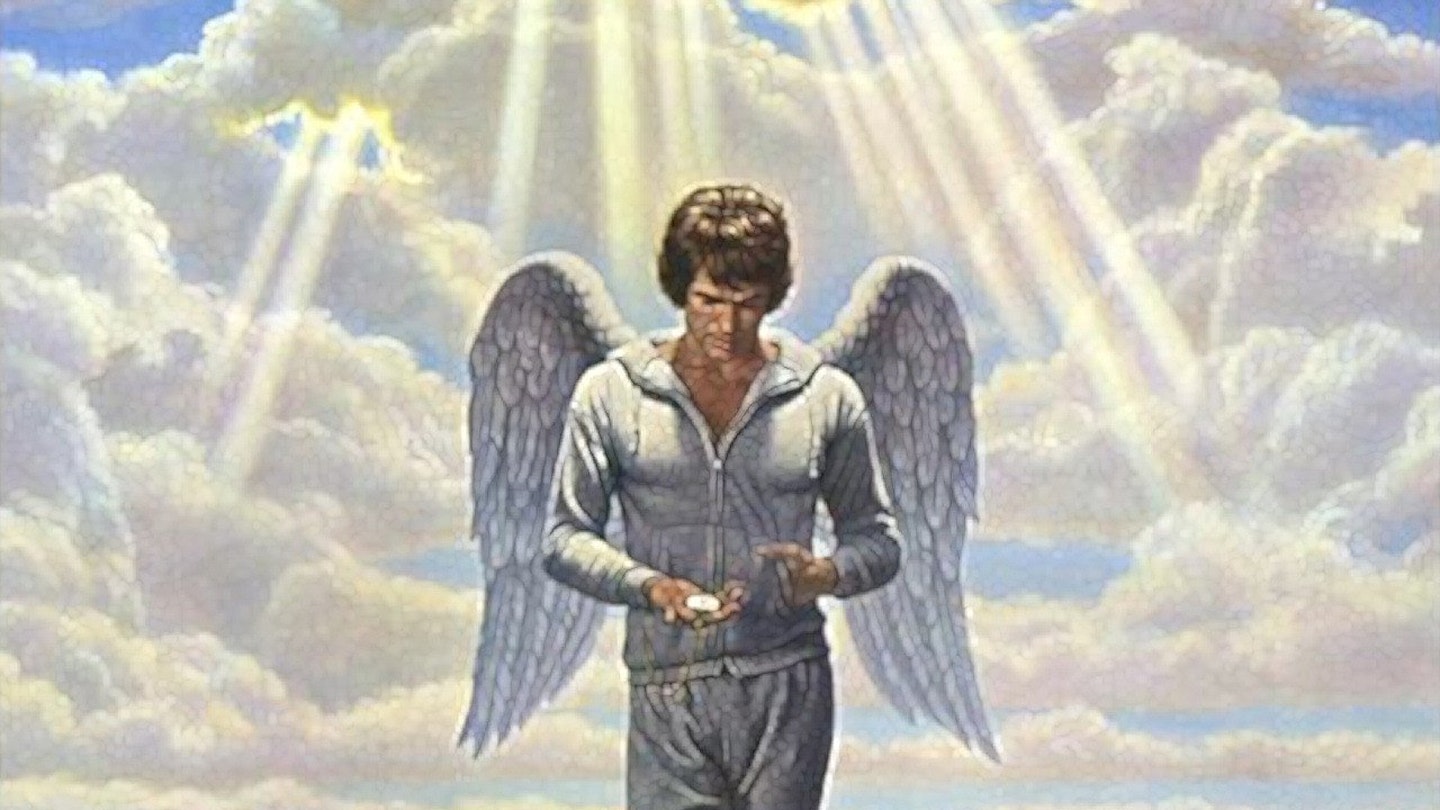Newly arrived at Fox after two decades at Paramount and frustrated in bids to film A Self-Made Cinderella and Margin for Error, Ernst Lubitsch and longtime writing partner Samuel Raphaelson set about revising Leslie Bus-Fekete's 1934 play, Birthday. Himself going through a reasonably amicable divorce during pre-production, Lubitsch had a sharper than usual insight into gender politics and there's clearly something of himself in Henry Van Cleeve. Indeed, this would explain his dual intent of depicting a man who is always ahead of his times, while exploring how quickly recent memory becomes the distant past.
But this is anything but a regretful veteran's lament. Lubitsch wrote the part with Fredric March and Rex Harrison in mind and was disappointed when studio boss Darryl F. Zanuck insisted on casting Don Ameche to bring some commercial appeal to a character he felt would be wholly resistible to respectable audiences. However, Lubitsch came to admire the subtlety of Ameche's genial roguery and he was even eventually pleased with Gene Tierney's patient loyalty (although his determination to rein in her tendency to emotional excess caused initial friction). Indeed, there isn't a bad performance here, with the supporting turns of indulgent grandfather Charles Coburn, prosaic cousin Allyn Joslyn and nouveau riche grotesques Eugene Pallette and Marjorie Main among the standouts.
Yet this is always Lubitsch's picture. His famous `Touch' is in evidence everywhere, but most notably in the scenes in which Henry learns that he's just bribed a showgirl that his son no longer cares for, in which Martha delivers her charming speech about realising Henry would no longer stray because he'd developed a tummy, and in which the couple dance a last waltz on their 25th anniversary. But even more impressive are Lubitsch's restrained use of Technicolor and period trapping, the narrative control that permits flashbacks within flashbacks, and the measured pacing that not only conveyed the mood of a bygone era, but which also encapsulated a classical style of Hollywood film-making that was soon to disappear forever as realism intruded upon the postwar world.
